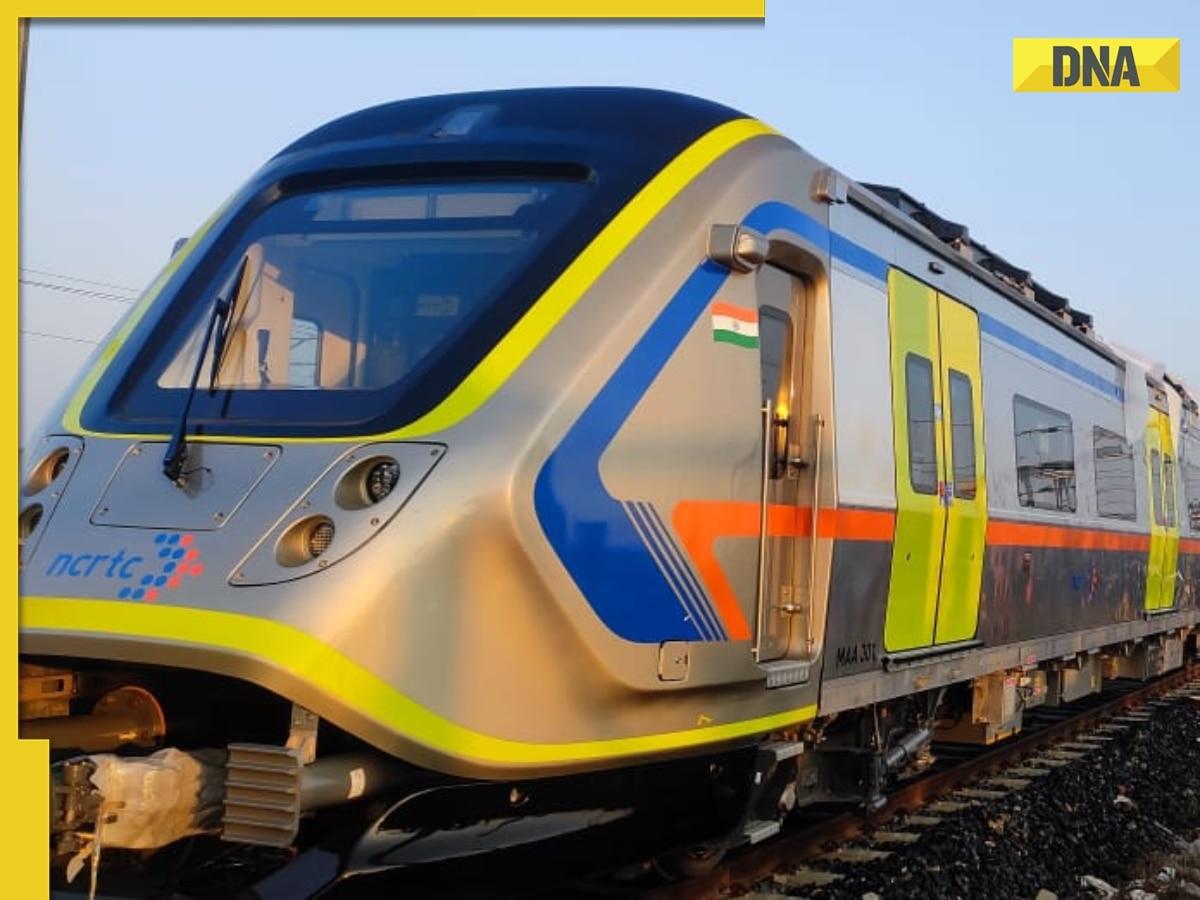
Namo Bharat, the brainchild of the National Capital Region Transport Corporation (NCRTC) and formerly known as RapidX, stands as India’s inaugural semi-high-speed regional rail service. Traversing a 34-kilometer section of the Regional Rapid Transit System (RRTS) from Sahibabad to Modi Nagar North, with stops at eight stations, this innovative mode of transportation is set to revolutionize commuter travel in the region. In a significant development aimed at enhancing passenger experience, the NCRTC has announced a suite of measures aimed at improving last-mile connectivity.
With the successful launch of Namo Bharat operations, the NCRTC is redoubling its efforts to facilitate seamless travel for passengers beyond the train stations. Acknowledging the challenges of last-mile connectivity, the corporation has committed to providing a range of rental options at each RRTS station. According to an official statement, NCRTC is now set to introduce rental two-wheelers, bicycles, cab services, autorickshaws, and feeder bus services across all RRTS stations from Delhi to Meerut. This move is anticipated to significantly mitigate commuter hassles, especially for those needing efficient transit from the station to their final destinations.
Part of the NCRTC’s ambitious infrastructure plans includes collaboration with Ghaziabad City Transport Services Limited to deploy a fleet of electric buses across operational stations. These eco-friendly buses are already serving key stations such as Sahibabad, Ghaziabad, DPS Rajnagar, Guldhar, Duhai, Murad Nagar, Modi Nagar South, and Modi Nagar North, ensuring an environmentally sustainable and reliable transit solution for last-mile connectivity.
Further enriching the commuter experience, the NCRTC has partnered with Rapido, a popular bike taxi service. In a noteworthy offer, passengers commuting via Namo Bharat trains from Sahibabad and Ghaziabad stations will receive a 10 percent discount on Rapido bike taxi rides. This initiative not only encourages the use of public transport but also provides a cost-effective, expedient mode of travel for daily commuters. The statement also hinted at the imminent expansion of this discount offer to other stations, promising widespread benefit for a larger commuter base.
.
The strategic deployment of rental two-wheelers and bicycles around major stations underscores NCRTC’s commitment to effectively addressing the short-term travel needs of passengers. These rentable vehicles aim to provide affordable and convenient mobility solutions for quick errands and short-distance travel, available on an hourly lease basis. This approach is particularly significant for enhancing daily life convenience and ensuring that passengers have smooth, uninterrupted travel experiences.
Additionally, these efforts are integrated with the broader objective of reducing vehicular congestion and pollution in the region by encouraging the use of public and shared transportation. The alignment with eco-friendly travel options, such as electric buses and bicycles, reflects NCRTC’s alignment with sustainable urban mobility principles.
The forward-thinking measures introduced by NCRTC are expected to drastically improve the quality of life for thousands of commuters who rely on the RRTS. Enhanced last-mile connectivity is crucial not just for the convenience of passengers but also for the overall efficacy of a transit system aimed at promoting economic and social development across the National Capital Region (NCR).
While these developments mark a significant stride towards transforming urban transit networks, the NCRTC continues to seek and implement innovative solutions that prioritize passenger comfort, accessibility, and sustainability. The collaborative efforts with various transportation services highlight a commitment to creating a holistic, user-friendly transit ecosystem.
In conclusion, these initiatives by the NCRTC are a testament to their dedication to improving public transport infrastructure and passenger experience. The blend of technology and strategic partnerships is set to redefine commuter travel, making way for a highly efficient and sustainable RRTS network from Delhi to Meerut. As these measures are rolled out, commuters will undoubtedly witness a positive change in their daily transit experiences, paving the way for a more connected and integrated urban transport landscape.










